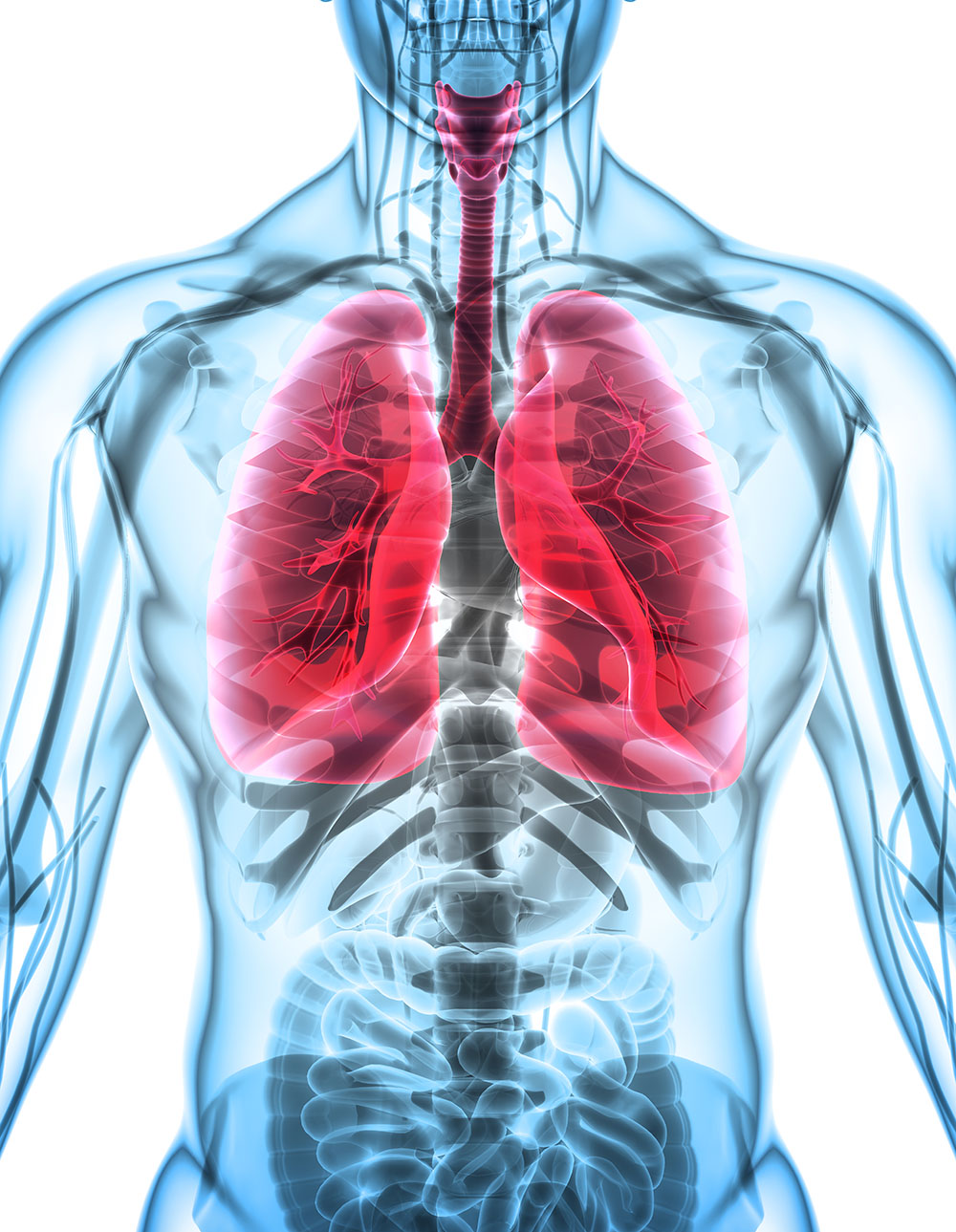World Lung Cancer Day
Every year World Lung Cancer Day is observed on August 1st. The leading cause of cancer deaths among men and women, lung cancer is more common than breast, colon, and prostate cancers combined.
Use this day to familiarize yourself with these prevention measures and symptoms to better protect yourself from lung cancer. If you are concerned with your lung health, our physicians are here for you.
World Lung Cancer Day raises the awareness of cancer risks, screenings, treatments, and the importance of preventative actions. Understanding the causes, symptoms, and prevention measures of lung cancer can help with early detection, which is critical in fighting this disease:
Causes and Risk Factors
Smoking tobacco and being exposed to secondhand smoke is the cause of a substantial majority of lung cancer cases. Inhaling cigarette smoke causes lung cancer by damaging the cells that line the lungs. Exposure to radon and asbestos are additional risk factors for developing the disease. With repeated exposure, lung damage continues to worsen over time. In other cases, where smoking or secondhand smoke is not the apparent cause of cancer, there may be no clear reason for why lung cancer developed.
Here are some other risk factors that can make you more susceptible to developing lung cancer:
-
Exposure to radon gas
-
Exposure to asbestos and other carcinogens
-
Previous radiation therapy
-
Family history
Symptoms
The signs and symptoms of lung cancer typically don’t show until the disease has moved into its more advanced stages. Here are the symptoms to be aware of:
-
Long-lasting cough
-
Coughing up blood
-
Chest pain
-
Shortness of breath
-
Headache
-
Sudden weight loss
-
Bone pain
Prevention
There is no sure way to prevent yourself from getting lung cancer, but you can heavily reduce your risk by taking these actions:
-
Don’t smoke - If you’ve never smoked before, don’t start, and if you currently smoke, speak with a doctor to get the help you need to quit.
-
Avoid secondhand smoke - If you live or work with someone who smokes, urge them to quit or smoke outside and away from you. Avoid any areas where people are smoking and seek out smoke-free restaurants, hotels, etc.
-
Test your home for radon - Have the radon levels in your home checked, especially if you live in an area where this is a known issue.
-
Avoid carcinogens at work - Follow your employer’s precautions and wear whatever safety gear they provide you.
-
Exercise regularly - Exercising most days of the week keeps your health in good shape and better able to prevent sickness.
-
Eat a diet of fruits and vegetables - These both give you the necessary vitamins and nutrients to live a healthy lifestyle.

